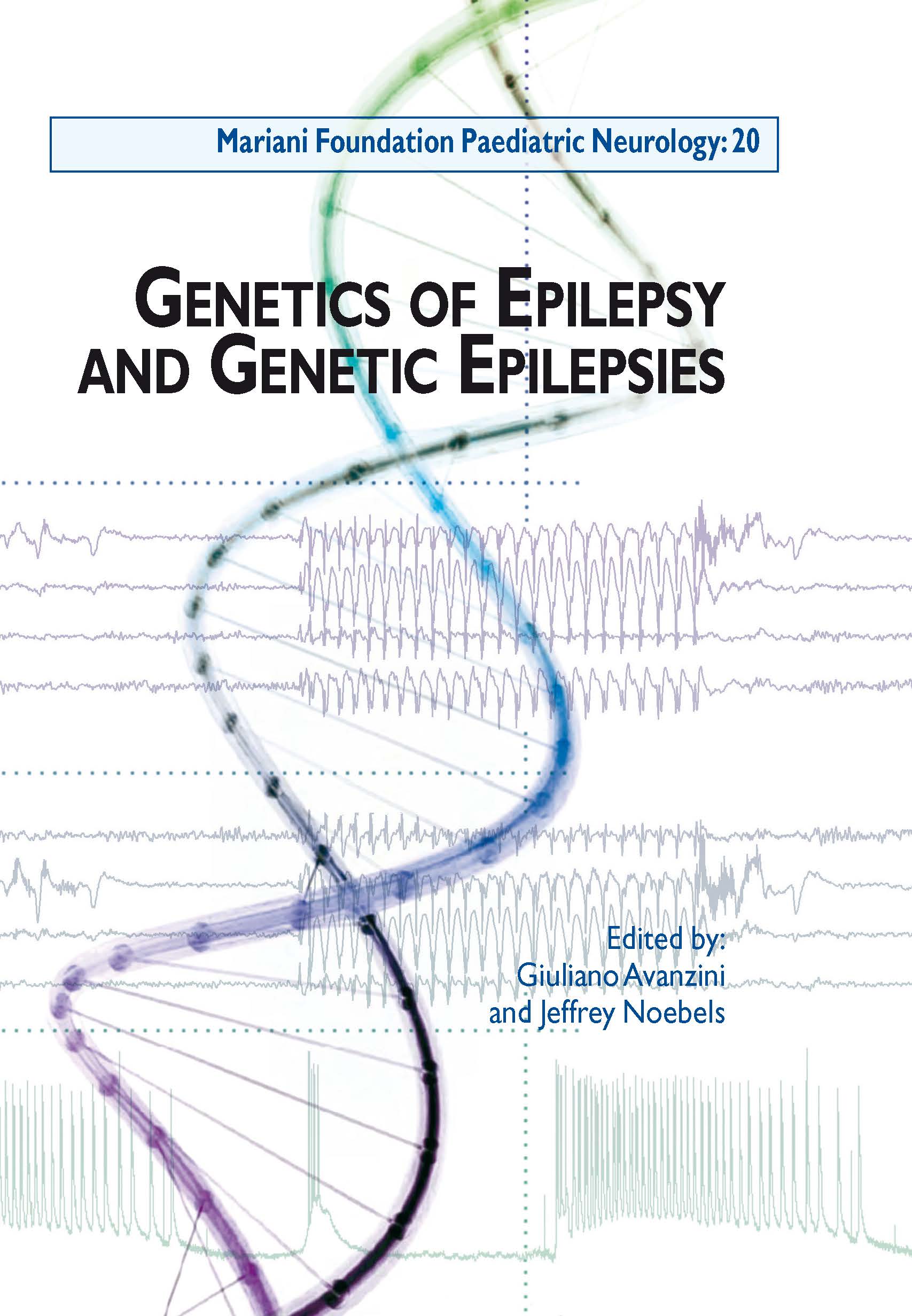(for every order > 35€)
VOLUME 20
Genetics of epilepsy and genetic epilepsies. This is the point of departure of this book, which reviews classic genetic epilepsies and more recently discovered forms of the disorder.
What should one do when a patient is a carrier of a modified gene causing epilepsy? While in certain cases, a pathogenic interpretation is simple and unambiguous, in others, several parameters such as degenerative genetic changes must be taken into account.
Recent studies have shown that a combination of clinical and experimental research is essential for progress to be made in the field of epilepsy. One of the aims of this book is therefore to highlight the importance of the complementary nature of these research fields.
The authors describe the most interesting discoveries in the field of genetics, discoveries made possible by clinicians' painstaking definition of phenotype. Moreover, some of the epileptogenic genetic mutations discovered by biologists have led to the definition of previously unidentified clinical forms of epilepsy.
The last part of this book is devoted to brain development disorders of genetic origin.
The book concludes with a few introductory chapters reviewing general concepts and methods, and a chapter exploring the usefulness of genetic concepts in the development of new therapeutic strategies.
CONTENTS
. Genetic determinant in the epilepsies
. Genetic Investigation methods in familial and sporadic epilepsies
. Genes and the biology of complex epilepsy phenotypes
. Genes relevant to epileptogenic mechanisms
. Definition of the phenotype for genetic studies
. Epilepsies due to epileptogenic channel mutations
. Functional analysis of epileptogenic ion channel mutations
. Genotype-phenotype relationships in epilepsies caused by channel mutations
. Genetic determinants of the migraine-epilepsy association
. The concept of idiopathic epilepsy
Genetic causes of neonatal epileptic and non-epileptic events: channelopathies as the aetiology of seizures and epilepsies in the neonatal period
. Monogenic epilepsies due to mutations of genes that do not code for ion channels; autosomal dominant lateral temporal lobe epilepsy
. The spectrum of sodium channels related clinical entities
Epileptic syndromes associated with disorders of cortical development
Maturation and migration determinants of corticogenesis
. Developmental basis of epilepsy and seizure susceptibility: role of Otx genes
. Cortical dysplasias of genetic origin
Periventricular nodular heterotopia: clinical and genetic findings
. Electroclinical features in malformations of cortical development
